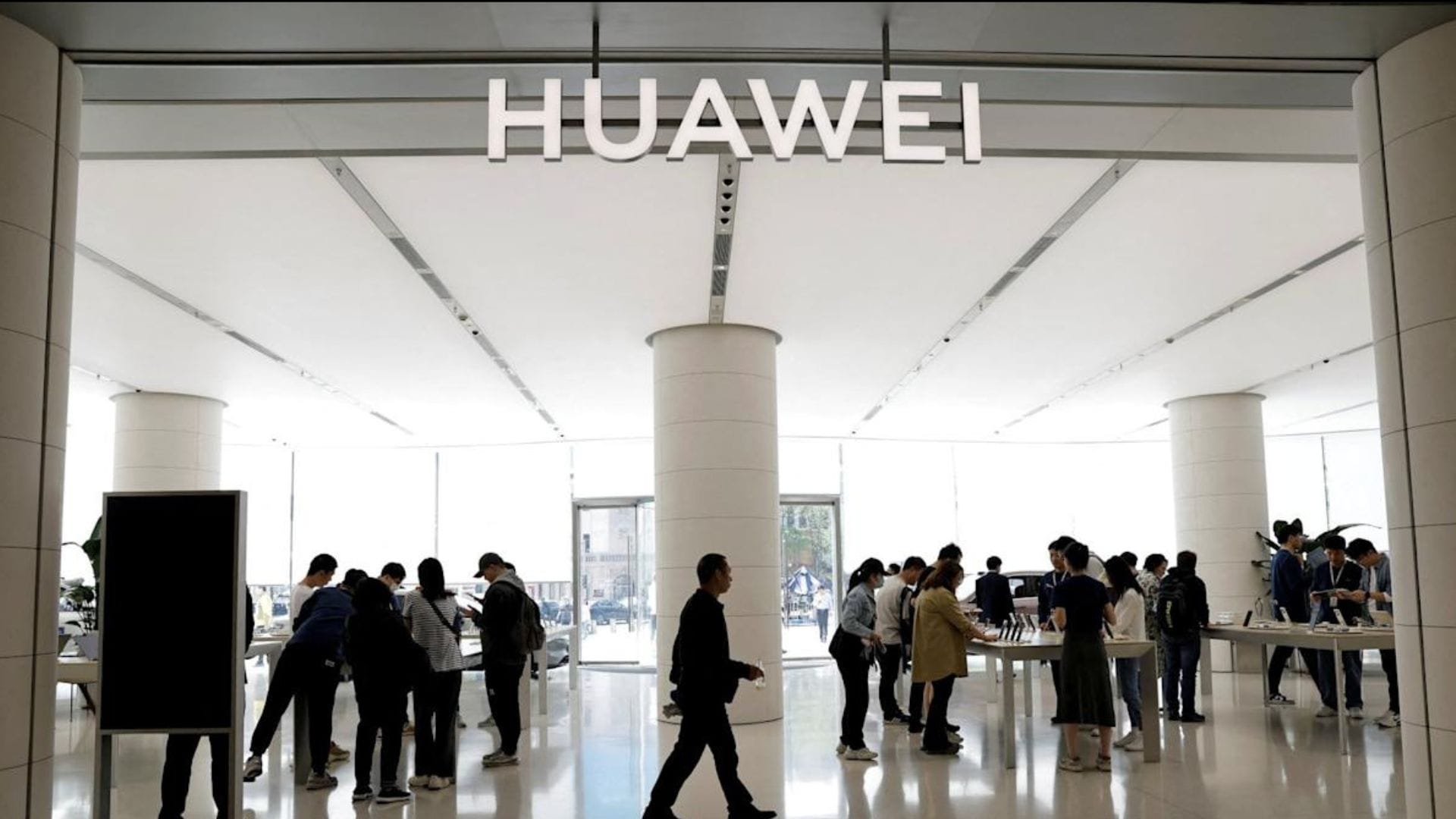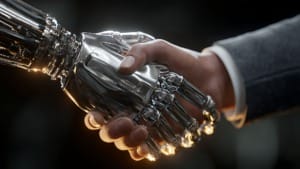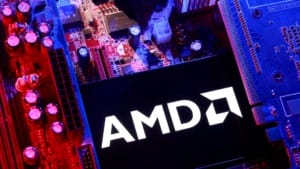Huawei’s leadership change at Noah’s Ark Lab signals rising AI competition
Huawei's leadership change at Noah’s Ark Lab reflects the company's efforts to strengthen its AI capabilities amidst increasing competition.

Huawei Technologies recently appointed a new head for its AI research division, Noah’s Ark Lab, highlighting the growing competition in China’s AI sector. This leadership shuffle comes as major tech firms and start-ups ramp up their efforts to lead the next wave of AI innovation.
Table Of Content
New leader takes charge at Noah’s Ark Lab
In a report from Monday, Chinese tech media outlet Leiphone revealed that Wang Yunhe, a senior researcher at Noah’s Ark Lab, has been promoted to lead the AI research unit. Wang replaces Yao Jun, who previously headed the division. This change in leadership is expected to result in further personnel shifts within the unit.
Huawei, headquartered in Shenzhen, has yet to comment publicly on the leadership change.
Strengthening AI capabilities amid fierce competition
Wang’s promotion underscores Huawei’s focus on expanding its AI capabilities. Wang, a skilled engineer in areas such as deep learning, model compression, and computer vision, has been a key player at Noah’s Ark Lab. His appointment is part of Huawei’s broader strategy to strengthen its AI division with fresh, young talent as the company faces growing domestic competition in AI development.
This move follows similar shifts within China’s tech industry, such as ByteDance’s restructuring of its AI department, Seed. ByteDance, the parent company of TikTok, recently recruited Wu Yonghui, a former Google Fellow with 17 years of experience at the US tech giant. At the same time, DeepSeek, a prominent AI start-up, opened up dozens of new research and development roles to expand its team of young Chinese engineers. These engineers from top Chinese universities like Tsinghua and Peking University have been credited for the company’s recent AI breakthroughs.
Noah’s Ark Lab’s role in Huawei’s AI future
Founded in 2012, Huawei’s Noah’s Ark Lab focuses on cutting-edge innovations in artificial intelligence, data mining, and related fields. With operations in cities like Shenzhen, Hong Kong, and Shanghai, the lab’s key research areas include computer vision, natural language processing, and search and recommendation systems.
Wang, who earned his PhD in AI from Peking University in 2018, joined Huawei right after his graduation. He has made significant contributions to the company, including leading a project that reduced computing power consumption and circuit area by 70% in various products, such as consumer electronics and smart vehicles. This achievement earned him a place among Huawei’s “top 10 inventions” in 2021.
Huawei’s AI recruitment strategy has also significantly attracted top talent. Launched in 2019, the company’s “genius youth” recruitment programme was designed to attract high-level engineers with competitive salaries. This initiative began shortly after Huawei was blocked by the US government, further highlighting the company’s efforts to bolster its internal resources in the face of external challenges.
Wang’s promotion is seen as another step in Huawei’s ongoing effort to solidify its position in the global AI race.
















